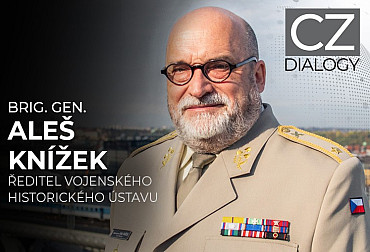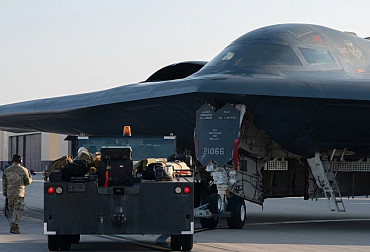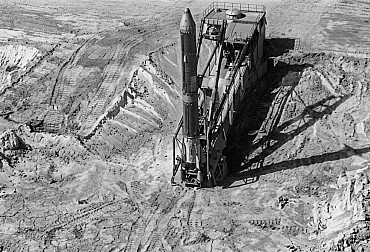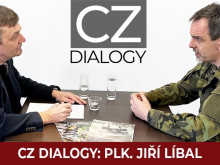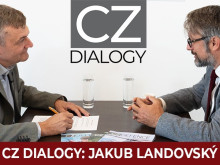Tomáš Kopečný: We are the only country with existing technology transfer projects directly in Ukraine
There is probably no need to introduce Tomáš Kopečný, the government's special representative for the reconstruction of Ukraine. He is a regular guest on our CZ DIALOGUES program. In the past, he worked for ten years at the Ministry of Defense, most recently as Deputy Minister of Defense for Industrial Cooperation. Since the beginning of the war in Ukraine, he has been systematically developing cooperation between the Czech Republic and Ukraine, for which he was awarded the Order of Merit and the Order of Prince Yaroslav the Wise by President Zelensky. He received the highest state honor for foreigners during his last trip alongside President Pavel. We asked Tomáš Kopečný for another interview to find out what the current situation in Ukraine is and how the priorities for helping the country are changing.
Video: Interview with Tomáš Kopečný, the government's special representative for the reconstruction of Ukraine / CZ DEFENCE
The war in Ukraine is gaining new momentum, with Ukrainians being severely tested and suffering greatly from Russian attacks on the civilian population, which, according to Kopečný, is influencing certain aspects of Ukrainian information censorship. It is now a verified fact that, for example, at the time of the bombing of the city of Sumy, a ceremonial parade of Ukrainian soldiers was announced. “And even though there was no military target there, it was indeed a city celebration, where over a hundred people were injured and more than thirty people were killed, including children. There were no soldiers there, they were somewhere else,” Kopečný describes the event, adding that these seemingly unintentional mistakes are beginning to be investigated within Ukraine. “When a tragedy occurs in Israel, whether it's October 7 or something smaller, there is, of course, an investigation and examination to see if anyone was negligent,” adds the government commissioner for the reconstruction of Ukraine.
We were interested in whether there is any difference between how the media in EU countries and around the world report on the war and potential peace in Ukraine and how people living directly in Ukraine view the situation. According to Kopečný, Ukrainians have the same information as we do, but given their daily experience of bombing, they do not dwell on it. They have specific experiences from cities such as Sumy and Kryvyi Rih. "We tell ourselves that it will be over soon. But they can't say that, because until it's over, their children will continue to be killed, and that's the main difference. Otherwise, of course, compared to six months or a year ago, the topic of “what will happen after the war” is much more discussed in economic circles. Macroeconomic tools are already being prepared to kick-start the economy, because there is relatively enough money in the banks," reveals Kopečný.
However, the problem so far is the conditions for providing better interest rates on loans to entrepreneurs so that they can start reconstruction. They are not entirely acceptable due to the country's macroeconomic stability. "But even with this, it is expected that things will be able to move forward once the country is no longer being bombed every day. And for now, it is being bombed more and more. Since this started being discussed, it has been escalating every week. Three weeks ago, I was in Kherson, a city on the front line, where only 30,000 people remain from the original 300,000 inhabitants. Every week, 2,000 drones fly over the area. People on the front line have no way of preparing for peace. They have no mental, psychological or practical capacity. People in Lviv or Uzhhorod, where it is relatively safer, are preparing for reconstruction," explains the government commissioner for the reconstruction of Ukraine.
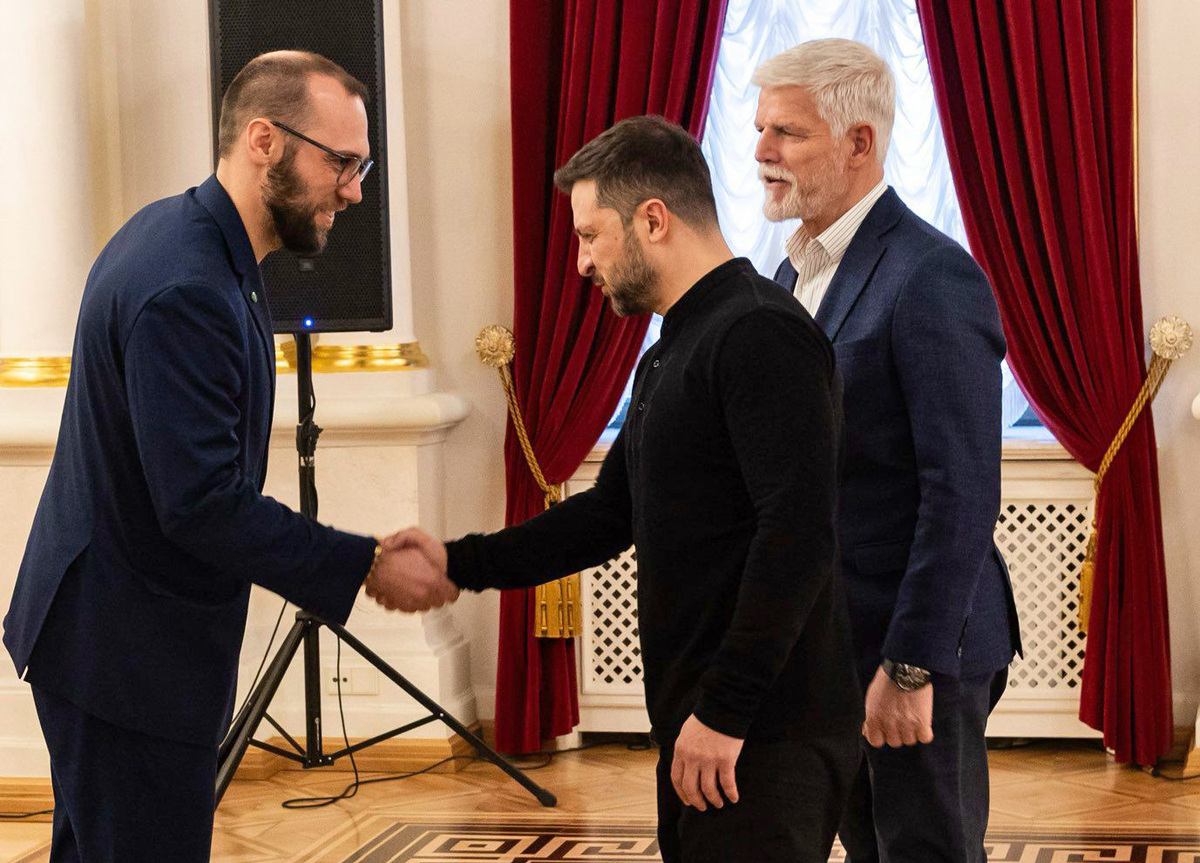
Funds are available in banks to finance Ukraine's reconstruction, although not to the extent that would be needed. According to Kopečný, hundreds of billions of euros will be required. "Everyone is now preparing to mobilize financial capital, which will only be possible once the missile attacks have ended. At that point, the risks will decrease, which will also reduce the price or value of guarantees to cover war risks, and thus the price of loans will fall. At that point, it will be much more favorable for everyone who wants to manufacture, sell, or invest in Ukraine. At the moment, project documentation is being prepared as before, but with greater intensity. There is no fundamental turning point. Now everyone is thinking about what they could do with what money and from which international financial institution if they got the best loan and whether a grant is still possible, as it represents the second largest component of development assistance or reconstruction," explains Kopečný.
In our interview with Tomáš Kopečný, we were also interested in the state of Czech-Ukrainian trade cooperation. "Our exports to Ukraine have increased by more than 50% in the three years since the outbreak of Russian aggression, and that’s only in the civilian sector. Thanks to our deliveries and contracts that Czech companies have in the arms sector, completely new opportunities have opened up for them in terms of acquisitions of foreign companies and investments in domestic industry. The increase is really very rapid and significant," Kopečný points out. And representatives of the Czech defense industry are indeed interested in cooperation with Ukraine. "When President Petr Pavel visited Ukraine as one of the first countries at the beginning of his term in 2023, he announced at a press conference with President Zelensky that we had six specific industrial projects, which I signed in November 2022 while still Deputy Minister of Defense in Kyiv. In April 2023, President Pavel announced that work was already underway on them. He was there recently and, together with Ukrainian representatives, visited a factory that manufactures and assembles BREN assault rifles. Three of the six projects already exist. We are the only country that has existing technology transfer projects directly in Ukraine," says Tomáš Kopečný, adding that other countries are also trying to do so and have already signed memoranda of understanding.
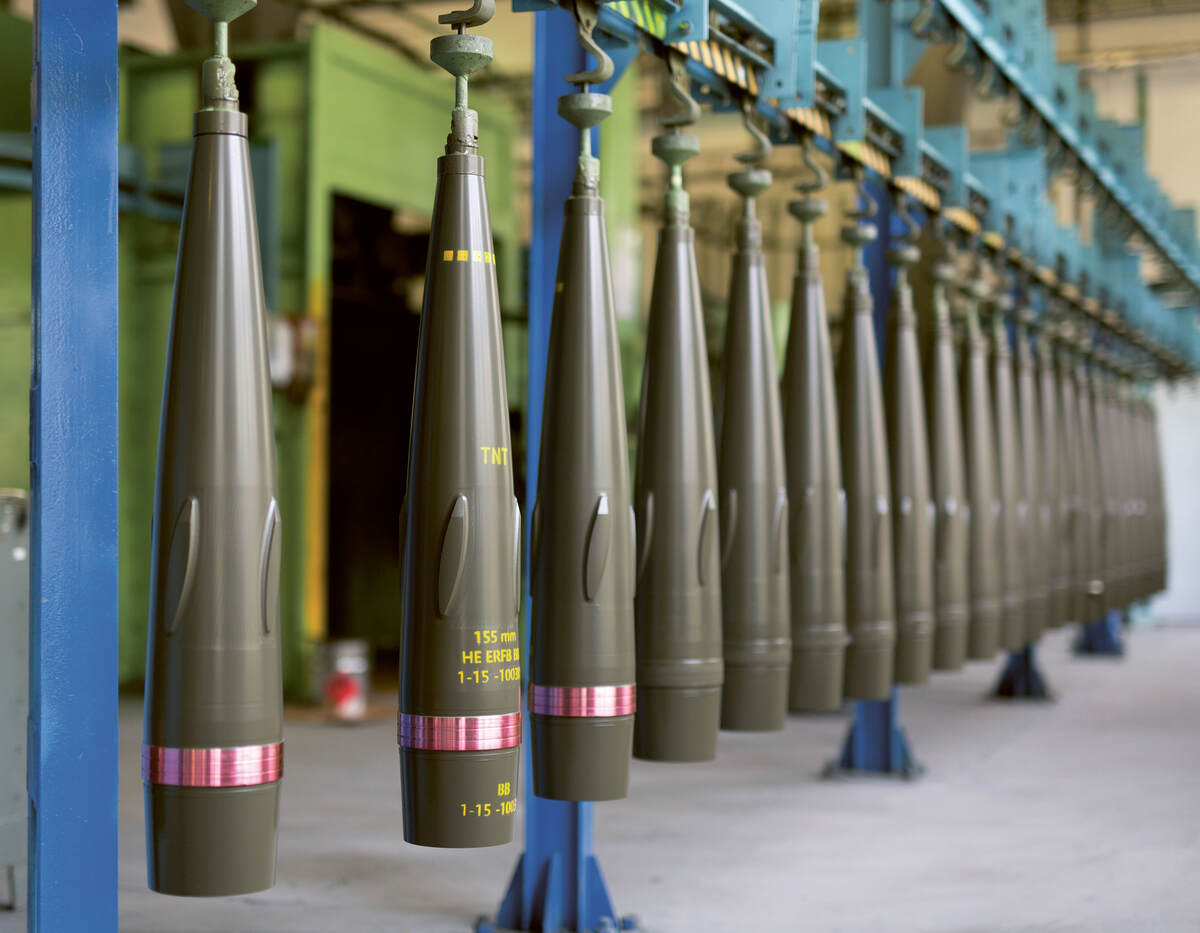
The foundation for rebuilding a country always lies with its people. It is already clear that Ukraine will miss those who have settled in other European countries and do not want to return after the war. Moreover, European countries welcome new workers, especially skilled ones, who are already contributing significantly to state budgets. "They will be missed. And that is precisely where the Czech state's interests diverge from those of Ukraine,“ says Kopečný. We asked whether there was any plan to motivate them to return. ”Definitely. This has been under discussion for several months. I meet regularly with the Deputy Prime Minister for Unity, who is in charge of the Ministry for Unity of Ukraine. This position was created a few months ago precisely to motivate Ukrainian citizens to return to Ukraine after the ceasefire. A year or two ago, we saw efforts to recruit young men of mobilization age for the front line. Today, the thinking is a little different. They know that no one will hand over people who do not want to go to the front. The Ukrainian government is now creating so-called Ukraine hubs in Berlin and Warsaw. And because the third largest Ukrainian refugee minority is in the Czech Republic, they would like to open a center in Prague as well. There, refugees will be informed about the economic opportunities that await them if they return. In addition, these centers should also serve to maintain ties with Ukrainian culture and national identity. There will be cultural events and a café. I am trying to push for there to also be a place where mental health support is available," reveals Tomáš Kopečný, the government's representative for the reconstruction of Ukraine.
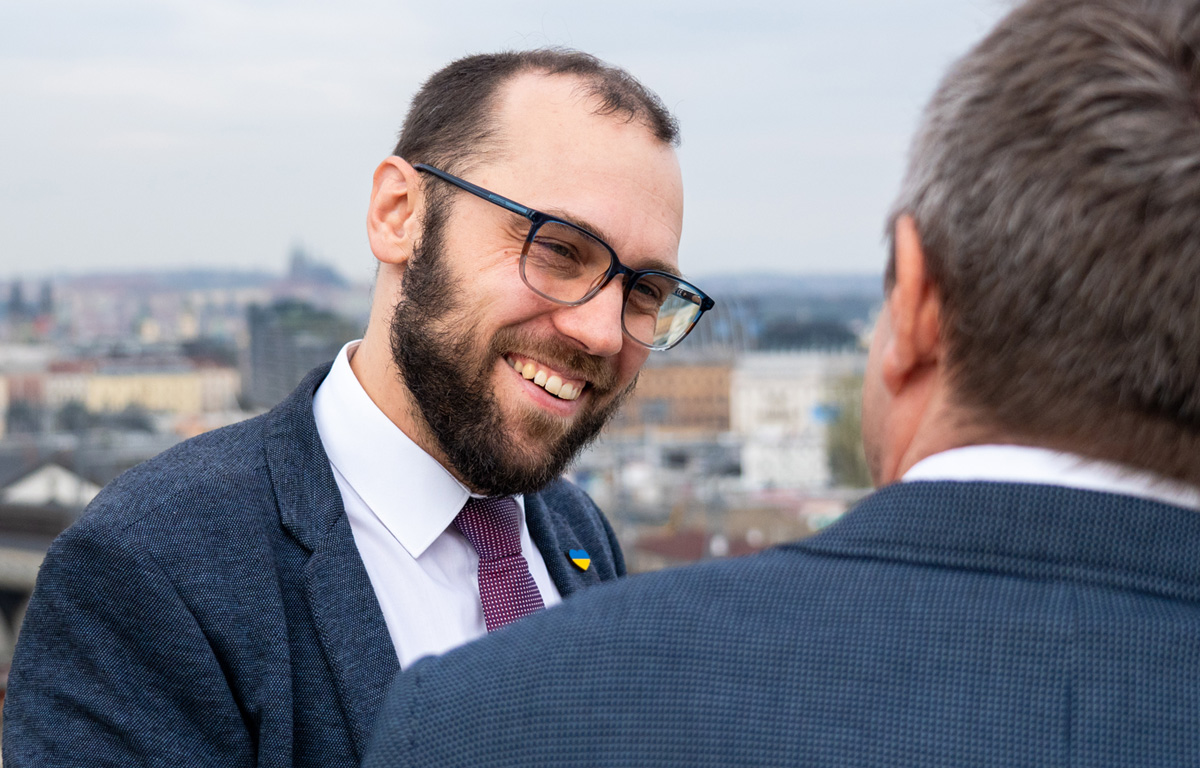
In our interview, we also discussed the economic, military, and health consequences of the war in Ukraine. We also discussed the preparation of a modern Marshall Plan for Ukraine and learned that our experience in drawing on EU funds could help speed up the financing of projects in Ukraine. If you would like to learn more, listen to the entire interview at the beginning of this article.











